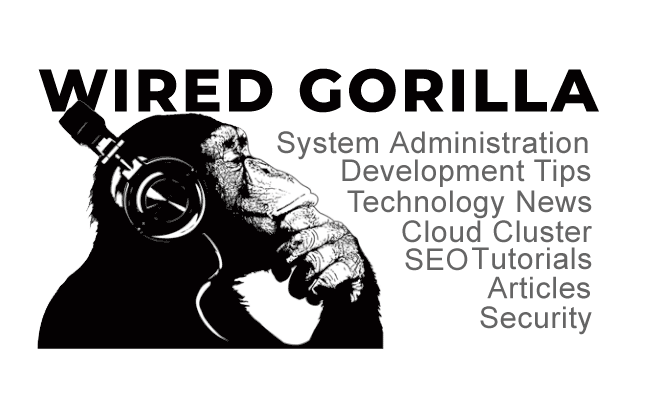Google made headlines last week when it agreed to pay $1.1 billion for dMarc, a Newport Beach-based company that makes a suite of radio station automation tools.
Although the Frog hasn’t listened to radio since Cousin Brucie went off the air in New York, he hopped over to Newport Beach to determine what dMarc might possibly own that Google would be willing to pay so much money for.
What dMarc Offers Google
dMarc has several proprietary technologies that are currently being used by radio stations in the U.S. Each of them will be used by Google in different ways to extend the power and reach of its Adwords platform.
The first, dMarc’s DataServices, is a system managing the flow of textual information transmitted alongside traditional AM and FM radio signals to RDS (Radio Data Systems) and HD Radio-capable receivers. Right now, the number of people owning either RDS or HD Radio receivers is tiny, but this is likely to change quickly, given Apple’s recent announcement of the iPod Radio Remote, a $79 accessory that brings FM radio to the iPod and supports RDS.
Does running text ads on radios make any sense? Looked at one way, it doesn’t, because most people don’t look at their radios while listening to them. But suppose you heard a great song on the radio that you’d never heard before, missed the announcer’s intro, and want to know where to buy it? Text ad placements are capable of providing this kind of information, including seller URLs, price, offer availability, and other information that, in the right context, might be effective in pushing a listener into buy mode.
Whether Google will choose to begin booking text ads on iPods anytime soon is anybody’s guess. The important thing to note is that it’s possible, the number of RDS and HD Radio receivers is growing, and, if marketers are willing to pay for this service, it will certainly happen.
dMarc’s second solution, called RevenueSuite, automatically inserts paid commercials into open and unsold radio airtime, allowing broadcasters to effortlessly moneterize airtime that would otherwise go unsold.
For station operators, RevenueSuite is basically a set-and-forget solution: after the station’s sales people have all gone home, RevenueSuite patrols for advertisers willing to book unbooked time, and if it finds a willing buyer, inserts the spot into rotation, automatically bills the advertiser, and records the transaction in the station logs.
It is this system that Google will surely integrate into Adwords, making it possible for marketers to buy unused (and eventually premium) air time by setting parameters controlling pricing, reach, daypart, geotargeting, and other preferences, and then simply letting the technology crunch all the numbers away until a match is made between advertisers and available radio ad inventory.
But DataServices and RevenueSuite aren’t the only tools that Google can use. dMarc owns a suite of audio production tools made by a subsidiary known as Scott Studios which Google will be looking at carefully. These tools, which allow for the easy creation of audio programming, might be very valuable to Google because they can be rolled into a simple "Create Your Own Spot in 10 Minutes" application that marketers can use without ever having to step into an expensive recording studio.
Will it Work?
Google’s move into radio has drawn its share of skeptics who’ve noted that its recent experiment in offline print buying was a disappointment. But radio, unlike print, is a dynamic medium where technology such as the type that Google is known for is needed to moneterize underutilized inventory and potentially maximize the value of premium inventory.
Whether Google’s involvement in radio will improve radio, which has experienced considerable audience erosion in recent years, is anybody’s guess. But if Google can provide more choice, accountability, and a lower barrier of entry for niche marketers, it will add strength to what has been a moribund medium. Plus, if it works for Broadcast Radio, can Satellite Radio, TV, Cable, Podcasts and Tivo be far behind?


